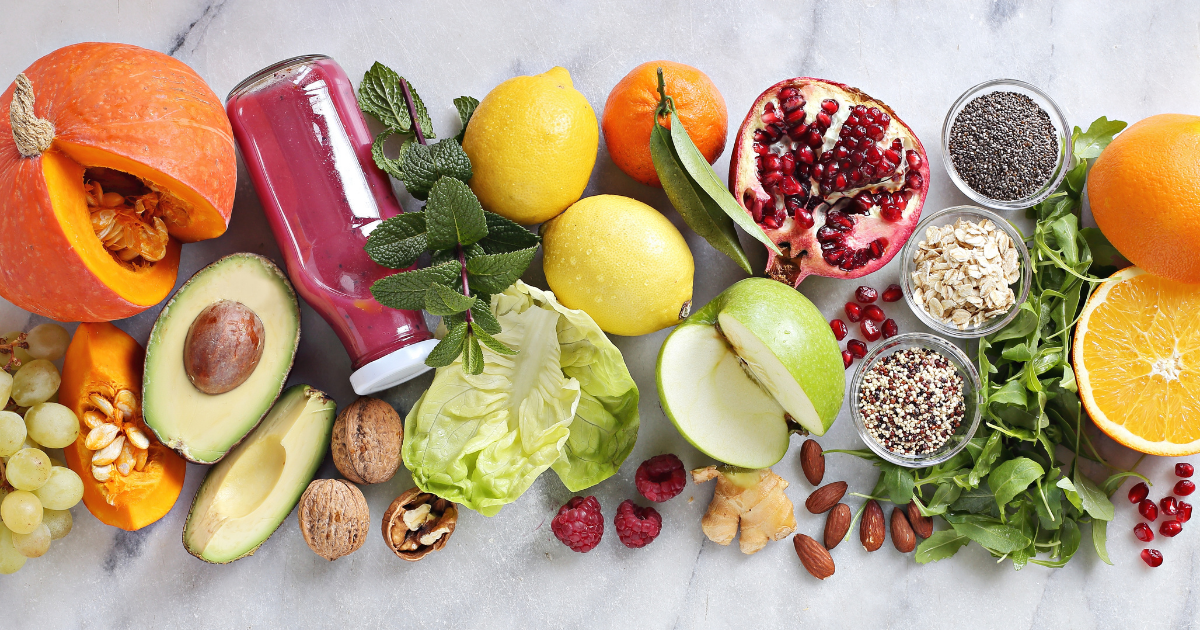To expand further on my last post about controlling the way our skin ages, I wanted to give you some examples of foods to incorporate into your diet to support the ageing process.
As mentioned foods high in vitamins provide our skin with protection and can even help to decrease levels of inflammation within the skin.
Vitamin A is found in foods in the form of betacarotene. Some foods containing high levels include, carrots, pumpkin, sweet potatoes, mangoes and papaya.
Some foods that are rich in vitamin C include, citrus fruits, blackcurrant, strawberries, broccoli, capsicum and sweet potato. It is important to keep in mind that heat can destroy vitamin C, so choosing raw forms such as fruits or having capsicum in a salad may be the best option for your vitamin C intake.
Vitamin E can be found in higher amounts in many vegetables, sunflower oil, wheat germ oil, sunflower seeds, corn and soy.
In addition to these vitamin-enriched foods, consuming grapes can also be very beneficial due to the high concentration of resveratrol – a powerful antioxidant. This is found in the skin of grapes.
Adding turmeric into your diet can also support an ageing skin, as it protects against oxidative stress and suppresses inflammation. An easy way to incorporate this may be adding it into your rice, salad or seasoning chicken with it.
Although a high-fat diet can have negative effects on the skin, it is important to still consume an appropriate amount of EFA’s (Essential Fatty Acids). These come in 2 forms, Omega 3 & Omega 6. Both are important in a healthy skin as they are essential for the lipids within in our skin (this helps to keep our skin from drying out too much as we age). They also have an important role in regulating cholesterol levels.
Foods high in omega 3 include fish, flaxseed, chia seeds, pumpkin seeds, sunflower seeds, walnuts, avocado, and leafy vegetables. When consuming plant-based forms of omega 3, there is a conversion process that has to happen which means that it is much easier to absorb higher amounts of omega 3 from animal-based foods. If you struggle to include these forms in your diet, supplementing with omega 3 fish oil could be a great option for you, however it is important to check in with your doctor to ensure this is appropriate for you.
